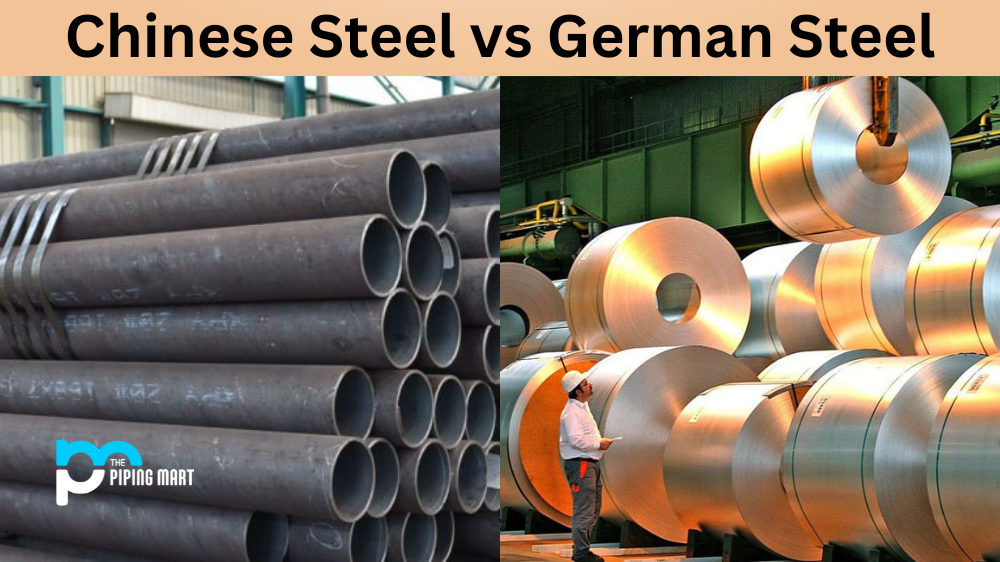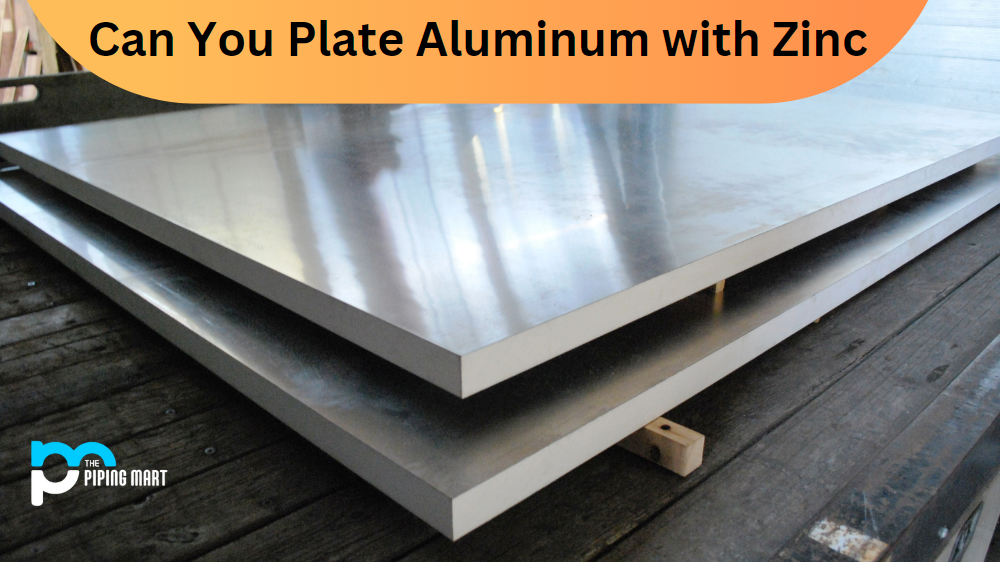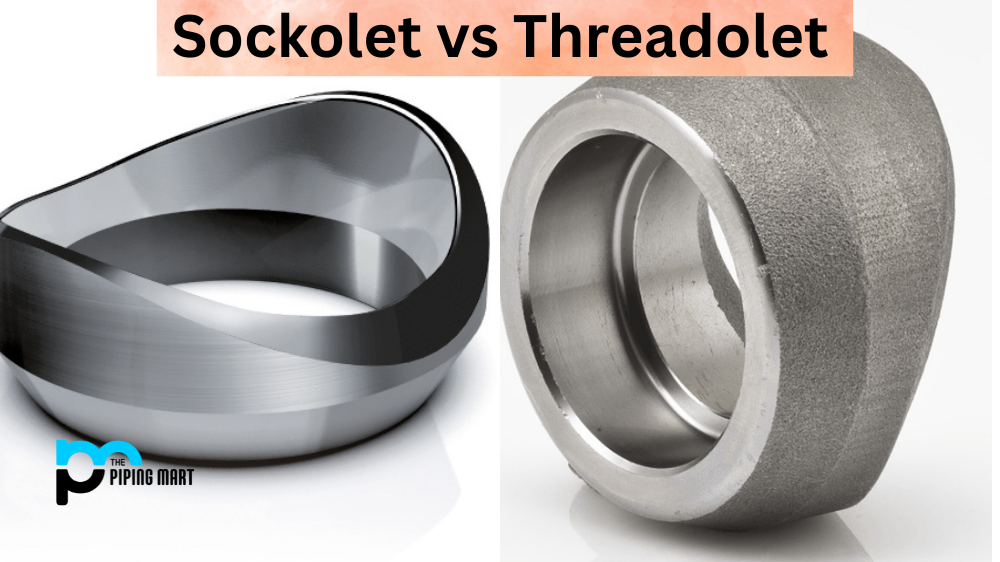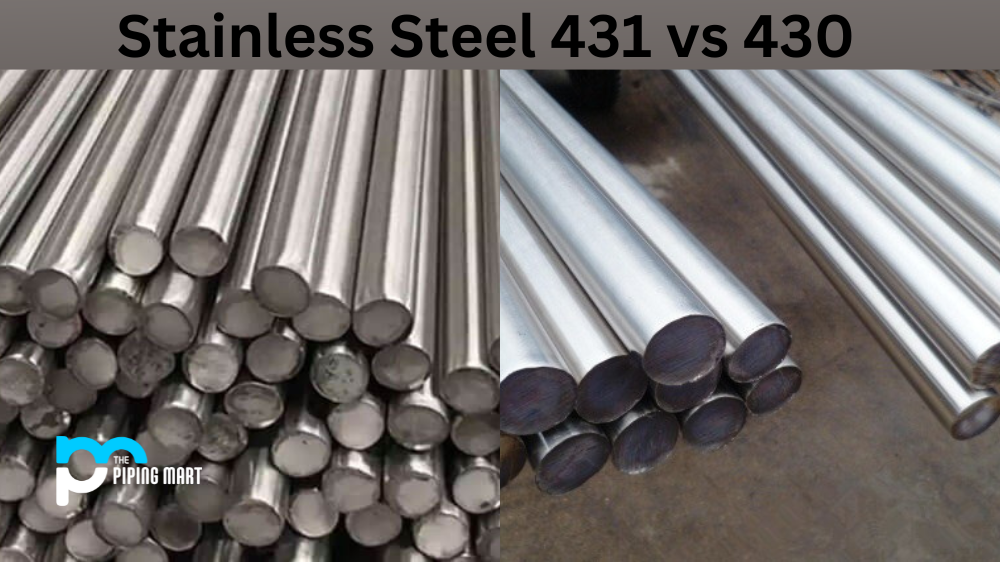The steel industry is one of the most significant sectors in the world, with so much to consider when choosing the right product. The quality and sturdiness of steel tend to vary extensively across different production lines, which leads people to ask if there’s any difference between Chinese steel and German steel. This blog post aims to comprehensively compare Chinese and German steel to provide more insights into the strengths and weaknesses.
Difference Between Chinese Steel and German Steel
Raw Materials Source
Raw materials determine the chemical composition of steel, and this influences the steel’s properties and, therefore, its applicability. German steel, being of high quality, is sourced from iron ore and coal mines in Europe. This makes German steel purer and more robust. On the other hand, Chinese steel is sourced from iron ore and coal mines, not just from China but Australia and Brazil. As a result, Chinese steel’s quality cannot compete with German steel’s, as the raw materials’ purity is lower.
Production Process
The importance of the production process of steel in its quality cannot be overstated. In Germany, the production process is under strict government regulations, ensuring a higher level of quality that meets environmental standards. In contrast, due to the low production costs, the Chinese steel industry lacks such regulations and has been known to be environmentally destructive. This unregulated industrial production results in cheaper but lower-quality steel.
Strength
Steel’s tensile strength measures its maximum stress ability without breaking. Both Chinese and German steel are suitable for structural applications, but their higher quality and purity give them a better tensile strength than Chinese steel. Additionally, German steel is known to be more durable, resistant to wear and tear, and suitable for high-load-bearing applications. On the other hand, Chinese steel is less resistant to wear and tear, making it less durable in some high-stress applications.
Cost
Chinese steel is known to be cheaper than German steel, mainly due to the mass production methods employed in its production. China is regarded as one of the world’s top steel manufacturers, producing millions of tonnes of steel annually. By contrast, Germany produces far less steel and, as a result, is generally pricier. However, the price difference is justifiable when it comes to steel quality.
Applications
Chinese and German steel suits various and diverse applications, such as construction, transportation, and manufacturing. However, because of its strength and sturdiness, German steel is preferred for heavy-duty and high-stress applications like shipbuilding, aircraft, and car engineering. Meanwhile, Chinese steel works in many applications but is mainly used in low-stress and less demanding situations.
Conclusion
German and Chinese steel is extensively used in modern-day construction and manufacturing industries. Although Chinese steel is cheaper, German steel is undoubtedly of higher quality, durability, and strength, enabling it to withstand prolonged intensive use. Hence, if you’re choosing between the two, consider what applications you will use the steel for and choose the one that best suits your needs.

Hey, I’m Krutik, a casual blogger expert in the metal industry. I am passionate about providing valuable information to my readers. With a background in engineering and construction, I like playing Cricket & watching Netflix shows in my free time. Thank you for visiting my blog, and I hope you find my information helpful!




